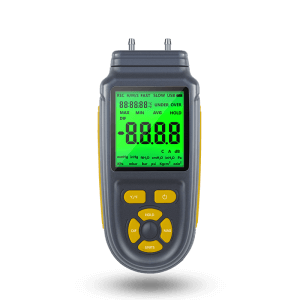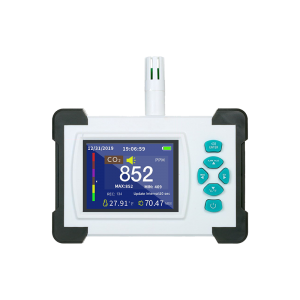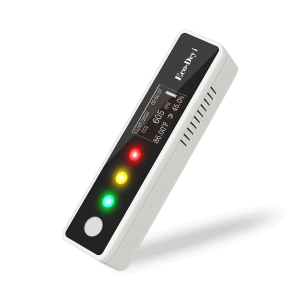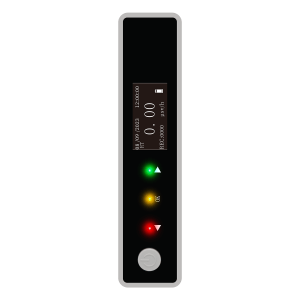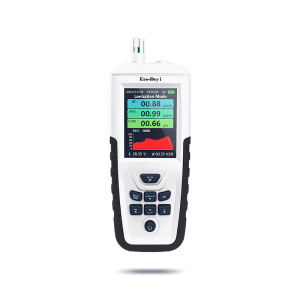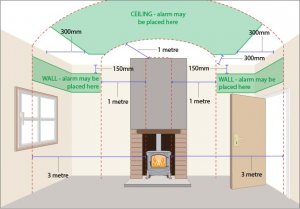Caring for the environment is paramount to preserving the planet. We tell you how to take action to combat air pollution.
Air pollution affects our health and the environment . It is for this reason that it is important to take steps to improve the air we breathe . Often you can’t even see it, but air pollution is everywhere.
In fact, nine out of ten people around the world are exposed to pollution levels that exceed the safe levels indicated by the World Health Organization (WHO) .
What causes air pollution ?
Home:
The main source of pollution in the home environment is the burning of: fossil fuels, wood and other biomass fuels for cooking, heating and lighting fires.
Around 3.8 million premature deaths are caused by indoor air pollution each year, the vast majority in developing countries.
Industry:
In many countries energy production is a major source of air pollution. Coal-burning power plants are a major emitter, while diesel generators are a growing concern in areas disconnected from the power grid.
Transport:
The global transport sector accounts for almost a quarter of energy-related carbon dioxide emissions . Transportation emissions have been linked to nearly 400,000 premature deaths.
Agriculture:
There are two main sources of air pollution from agriculture : livestock, which produce methane and ammonia, and burning agricultural residues. About 24 percent of all greenhouse gases emitted worldwide come from agriculture, forestry, and other land uses.
Waste:
Open burning of waste and organic waste in landfills release harmful dioxins, furans, methane and black carbon into the atmosphere.
Globally, an estimated 40 percent of waste is burned in the open, a problem that is most acute in urbanizing regions and developing countries.
Other sources:
Not all air pollution comes from human activity. Volcanic eruptions, dust storms, and other natural processes also cause problems.
10 small things make a huge difference
We can all help to improve the quality of the air we breathe by integrating sustainable consumption, reuse and prevention habits in our homes.
Below we share 10 small tips which you could take to contribute to make big changes to improve the air quality of your city:
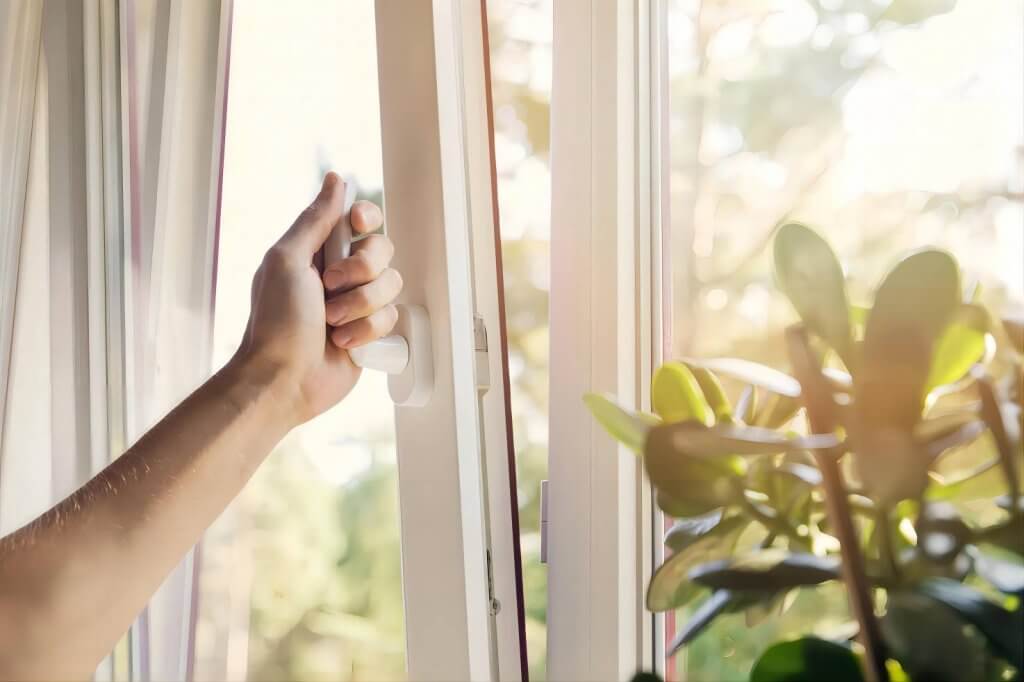
- Avoid buying disposable items and non-biodegradable plastics
- Use public transport or carpool, cycle or just walk. Switch to a hybrid or electric vehicle and when you take a taxi. Turn off the car engine when you stop.
- Reduce your consumption of meat and dairy products; you will help reduce methane emissions emitted by livestock.
- Apply three R’s to your everyday life: Reduce-Reuse-Recycle. Lower consumption will always lead to less air pollution of any kind
- Try to eat organic foods or at least those that have not been intensively subjected to agrochemical products.
- Switch to high-efficiency home heating systems and equipment.
- Avoid using paints, oils and solvents, especially on days with high ozone concentration
- Reduce electricity consumption, for example turn off lights and electronics when you’re not using them.
- Have air purifying plants in your home
- Reduce the use of plastics to care for the oceans.

